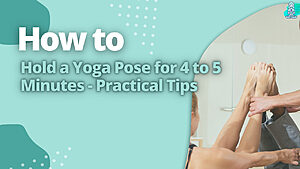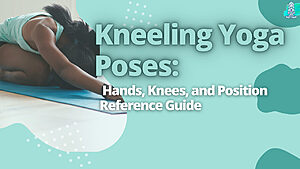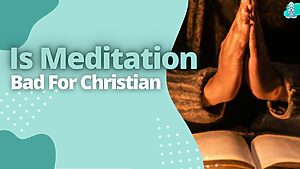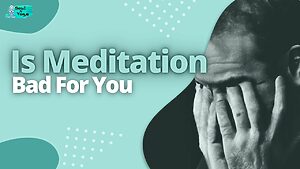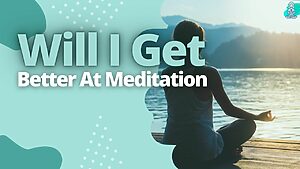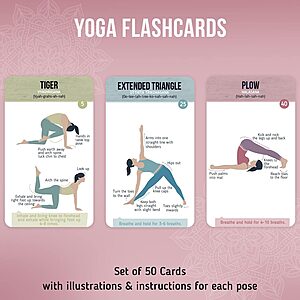Many people have trouble sleeping. They can’t get comfortable, and their mind is racing all night. The reason is simple: they’re stressed out.
If this sounds like you, then you’re also probably stressed out. Most people stress out about work, relationships, money, and other things happening in their life.
But you don’t need to stress out anymore. That’s because there are plenty of ways to de-stress. In this article, I will discuss one of my favourite ways to de-stress: meditation.
Key Takeaways
- Meditation can be an effective tool for improving sleep quality.
- Regular meditation can help reduce stress and anxiety, leading to better sleep.
- Several meditation techniques can be used for sleep, such as mindfulness meditation, progressive muscle relaxation, and guided imagery.
- It is vital to find a technique that works well for you and stick with it for at least a few weeks to see results.
- If you have trouble sleeping, talk to your doctor about other options besides meditation.

Introduction To Meditation For Sleep
Meditation is a practice that’s been around for thousands of years and has many benefits. It can help you improve your quality of life by reducing stress, anxiety and other negative emotions.
Some studies have shown that meditation improves sleep quality in people who suffer from insomnia or other sleep disorders.
Meditation helps with sleep because it allows you to get into a relaxed state so that when you go to bed, your mind is calm enough to let go of any worries or stresses from the day and drift off peacefully into slumberland.
Meditation Can Help Improve Sleep Quality By Reducing Stress And Anxiety Levels
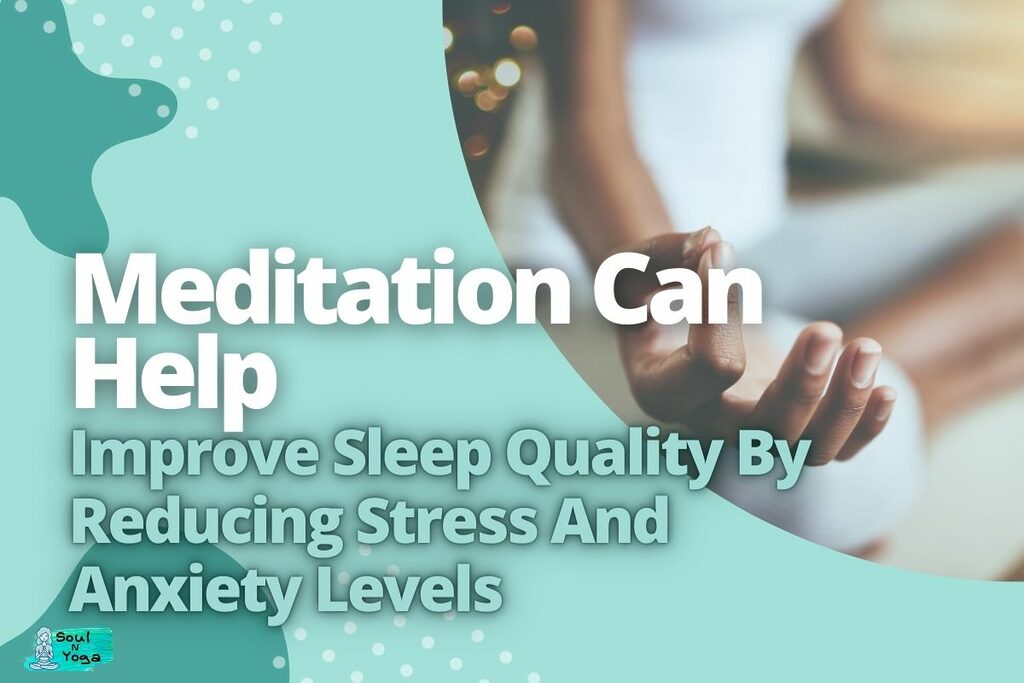
By lowering your stress and anxiety levels, meditation can help you sleep better. Stress and anxiety are two of the biggest factors in poor sleep quality.
Improve your sleep quality by using meditation as a tool to unwind and calm your thoughts. This can be especially valuable if you struggle with falling asleep at night; meditation may help you get there faster when you’re ready for bed.
Guided Meditation Can Be Especially Helpful In Falling Asleep
Guided meditation can be especially helpful for falling asleep and staying asleep through the night. Guided meditations are a type of meditation that involves listening to a recording or a person guiding you through a meditation session.
Some people find guided meditations helpful for falling asleep, as they can help calm your mind and body before bedtime.
However, not all guided meditations are created equal. Here are some suggestions if you’re seeking advice on how to use guided meditations to enhance your sleeping patterns:
- Try finding one that works best for you by trying out different types until one click with you—there isn’t one “best” type of guided meditation out there!
- Try listening to it at different times of day (for example: right before bed) depending on how long it takes for something like this to work its magic; if it doesn’t seem like anything’s changed after two weeks, then maybe try another type later on down the road instead?
There Are Many Different Types Of Meditation
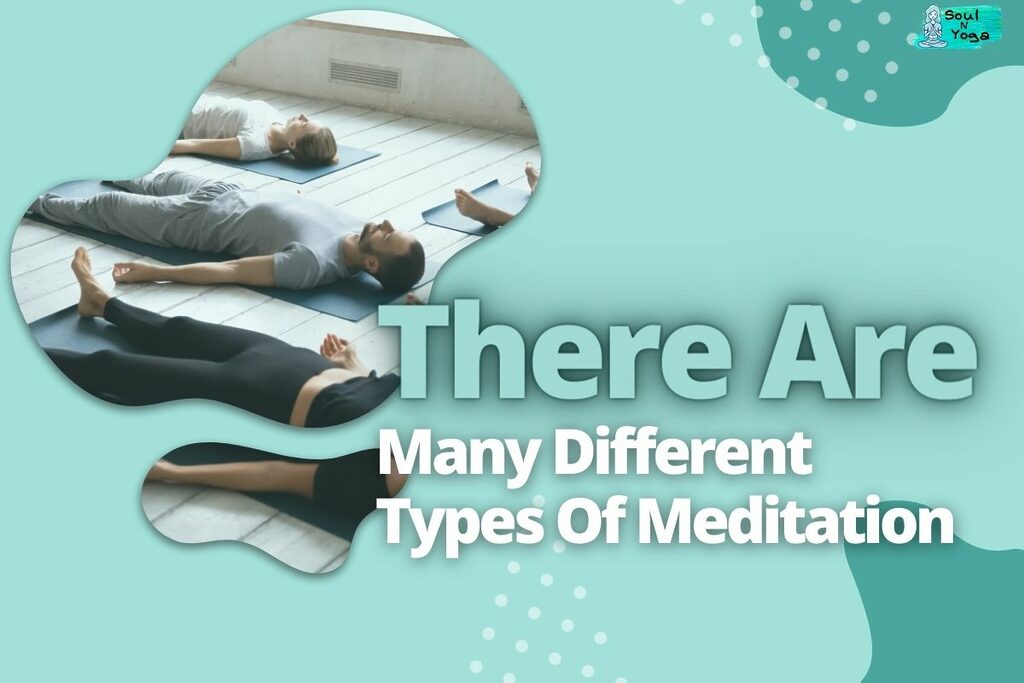
Finding the style of meditation that is most effective for you is crucial because there are numerous variations. The type of meditation you use will help determine how long you meditate, what posture you adopt during meditation and other factors.
- Sitting vs lying down – You can do this while sitting in a chair or on the floor (in what’s known as the lotus position). You can also lie down if this is more comfortable for you.
- Eyes open vs closed – This also depends on your preferences and overall health. Some people think that closing their eyes makes it simpler to concentrate, but others prefer to keep them open because they like seeing around them as they go through their daydream state and relax into sleepiness after those thoughts have passed through their minds.
- Time spent meditating – Based on how much time each individual has available each day and their unique needs at any particular stage in life. This will vary from person to person (elderly people may require less rest than newborn babies do).
Some People Find It Helpful To Meditate For 10-20 Minutes Before Bedtime
Some people find it helpful to meditate 10-20 minutes before bedtime. For example, if you’re used to sleeping at 11 pm, you might try meditating from 10:30 pm until 11:00 pm.
You must set aside a regular time each day and stick to it so that you don’t get frustrated with yourself or feel like your meditation practice is not working.
If this sounds like something that would help improve your sleep quality but feels intimidating or overwhelming, start small. Try meditating for only five minutes each day for a week, then add more time as needed.
If even this seems too much (which may be true if this is a new practice), try doing some yoga stretches or deep breathing exercises instead of sitting down with eyes closed—this will still help prepare the body and mind for bedtime without requiring nearly as much focus as meditation does.
PRO TIP: Meditation can help you fall asleep faster. It can also help you improve your sleep.
Meditation Is Generally Considered Safe
There are numerous variations of meditation that are typically regarded as secure for the majority of folks. However, it’s crucial to pay attention to your body and quit if you start to feel uneasy.
Some people may experience side effects such as headache or nausea, but these are usually mild and go away after a short time.
If you are new to meditation, starting with a short session (5-10 minutes) is best to gradually increase the length of time as you become more comfortable with the practice.
Many free resources are available online or through apps that can help you get started. Since I’ve started practising meditation, my levels of tension and anxiety have decreased. I highly recommend giving it a try.
The Science Behind Meditation For Sleep
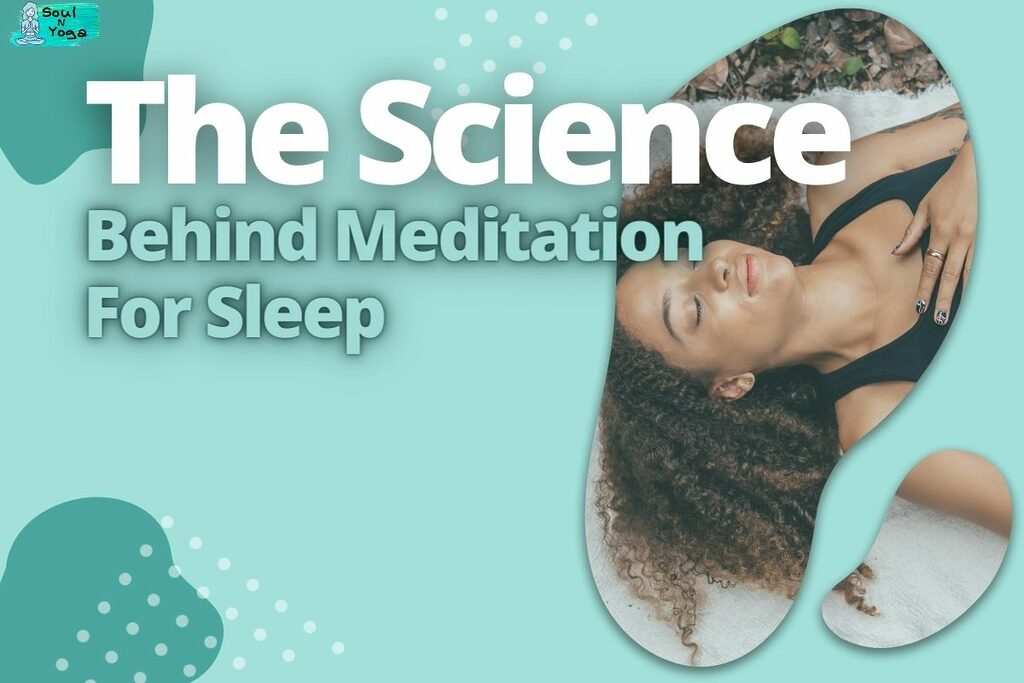
Many people don’t get enough sleep, despite it being essential for our health and well-being. One in three American adults reports that they usually get less than the seven hours of sleep per night that experts recommend.
Numerous health issues might result from not getting enough sleep, including obesity, diabetes, heart disease, and stroke. Relaxation and stress reduction can both be achieved through meditation. Both the quantity and quality of sleep may benefit.
So how does meditation work? When we meditate, we pay attention to our breath and put our rushing thoughts aside. This allows us to achieve a state of mindfulness, which has been shown to reduce stress and promote relaxation.
As we practice meditation regularly, we train our minds to be more focused and less reactive to stressful situations. This can help us fall asleep more easily and sleep more soundly throughout the night.
If you’re looking for a natural way to improve your sleep, meditation may be worth trying. It’s important to select a style of meditation that is effective for you because there are many different kinds. There are also several apps and online resources that can help you get started with meditation.
How To Use Meditation For Sleep?
You can use meditation to help you fall asleep in a variety of ways. One of the most popular methods is to focus on your breath. As you inhale and exhale, your body begins to relax.
You may also want to try counting each breath or repeating a mantra. Another common method is to focus on a certain object or image. This could be something as simple as a flower or a candle flame.
If your thoughts start to stray, gently bring them back to the subject of your concentration. You can also attempt guided meditation, which is listening to an audio recording and following along.
If you’re new to meditation or having difficulties sleeping, this can be extremely useful. Many free guided meditations are available online or through apps like Headspace and Calm.
If you’re struggling with insomnia, meditation can be a helpful tool. It’s crucial to find a practice that works for you and be patient as you learn how to use it effectively. Meditation can take time to master, but it’s well worth the effort.
PRO TIP: Research conducted by the Sleep Assessment and Advisory Service shows that people who meditated for 20 minutes a day for ten days reported better sleep than the control group, who were given sleep hygiene advice.
The Risks Of Not Meditating For Sleep
Your mood and energy levels may suffer if you don’t get enough sleep, leading to weight gain, depression, heart disease and diabetes.
While the effects of meditation on sleep are not conclusive yet, much research suggests regular meditation can improve the quality of your sleep.
If you don’t engage in some sort of relaxing activity before bed, you can find it more difficult to go asleep and stay asleep. Fatigue, anxiety, and even depression may result from this.
Chronic sleep deprivation has also been connected to obesity, heart disease, and stroke, among other health issues.
If you’re having trouble sleeping, I recommend giving meditation a try. It’s simple and free and might help you get the restful night’s sleep you need.
The Benefits Of Meditation For Sleep
Meditation for sleep is a great choice for improving your mental and physical health. It’s a powerful tool that can help you achieve the following benefits:
- Improves sleep quality
- Reduces stress and anxiety levels
- Helps with insomnia
- Increases mental focus and concentration
- Increases energy levels
- Improves mental health and mood
How To Know If You’re Getting Enough Sleep?

If you suspect that you may not be getting enough sleep, there are a few important signs to watch out for. First, pay attention to how you feel during the day.
If you’re frequently tired, irritable, or have trouble concentrating, it could be a sign that you’re not getting enough sleep. It’s important to monitor how long you spend in bed.
Adults need around 7-8 hours of sleep each night, so if you’re only spending 6 hours in bed, likely, you’re not getting enough sleep.
Finally, pay attention to your sleeping habits. In the event that you have trouble falling asleep or remaining asleep all night, it could be a sign of a sleep disorder preventing you from getting enough rest.
If you think you might not be getting enough sleep, talk to your doctor. They can assist in developing a treatment strategy and identifying any underlying problems to help you get better quality sleep.
Conclusion
You might want to think about meditation if you’re looking for a strategy to get a better night’s sleep. Meditating can help you sleep better and get to sleep more quickly.
There are many ways to meditate, so find a method that works for you and stick with it. Regular meditation can help reduce stress and anxiety, contributing to better sleep.
So give meditation a try the next time you’re having trouble sleeping. You never know; it might be the key to getting the sound sleep you require.
If you are interested in learning more about meditation and how it can help sleep, check out our other blog posts.
Frequently Asked Questions
What are some good poses for meditation before sleep?
The idea is to settle into a relaxed position that will help your body and mind. Some common meditation poses include sitting in lotus or half-lotus positions, with your palms resting on your thighs, or lying down with your head not buried in a pillow.
What are some breathing exercises I can do to help me sleep?
Try practising slow and steady breathing if you’re having trouble falling asleep. This exercise is known as Ujjayi breath, which involves breathing through the nostrils while making a sound like the ocean.
How long should I meditate before sleep?
Research suggests that 10-15 minutes of meditation before bedtime is enough to help you fall asleep. However, if you find that sleep isn’t falling into place after a few weeks of practice, try going further and relaxing for 30-60 minutes before bed.
What are some mantras or affirmations I can say during meditation to help me sleep?
When you say a mantra like “I am deeply relaxed” or “I am refreshed and energized,” your body will respond by relaxing and feeling more awake. You can also simply say “sleep” to yourself gently as you breathe in and out.
- How to Hold a Yoga Pose for 4 to 5 Minutes – Practical Tips
- A Guide to Finding the Perfect Yoga Mat for Carpet Floors
- Kneeling Yoga Poses: Hands, Knees, and Position Reference Guide
- Is Meditation Bad For Christians (The Surprising Answer)
- Is Meditation Bad For You (Don’t Believe Everything)
- Will I Get Better At Meditation (Understand The Secret)

